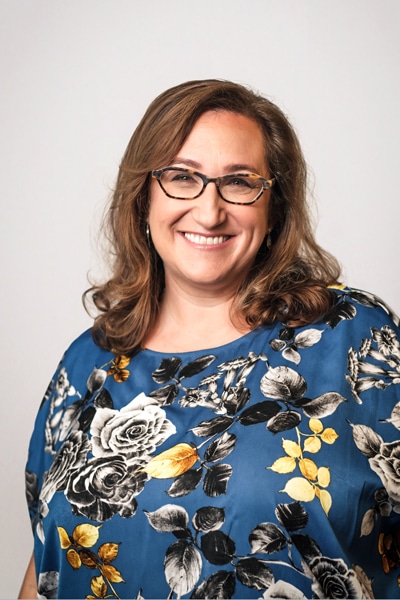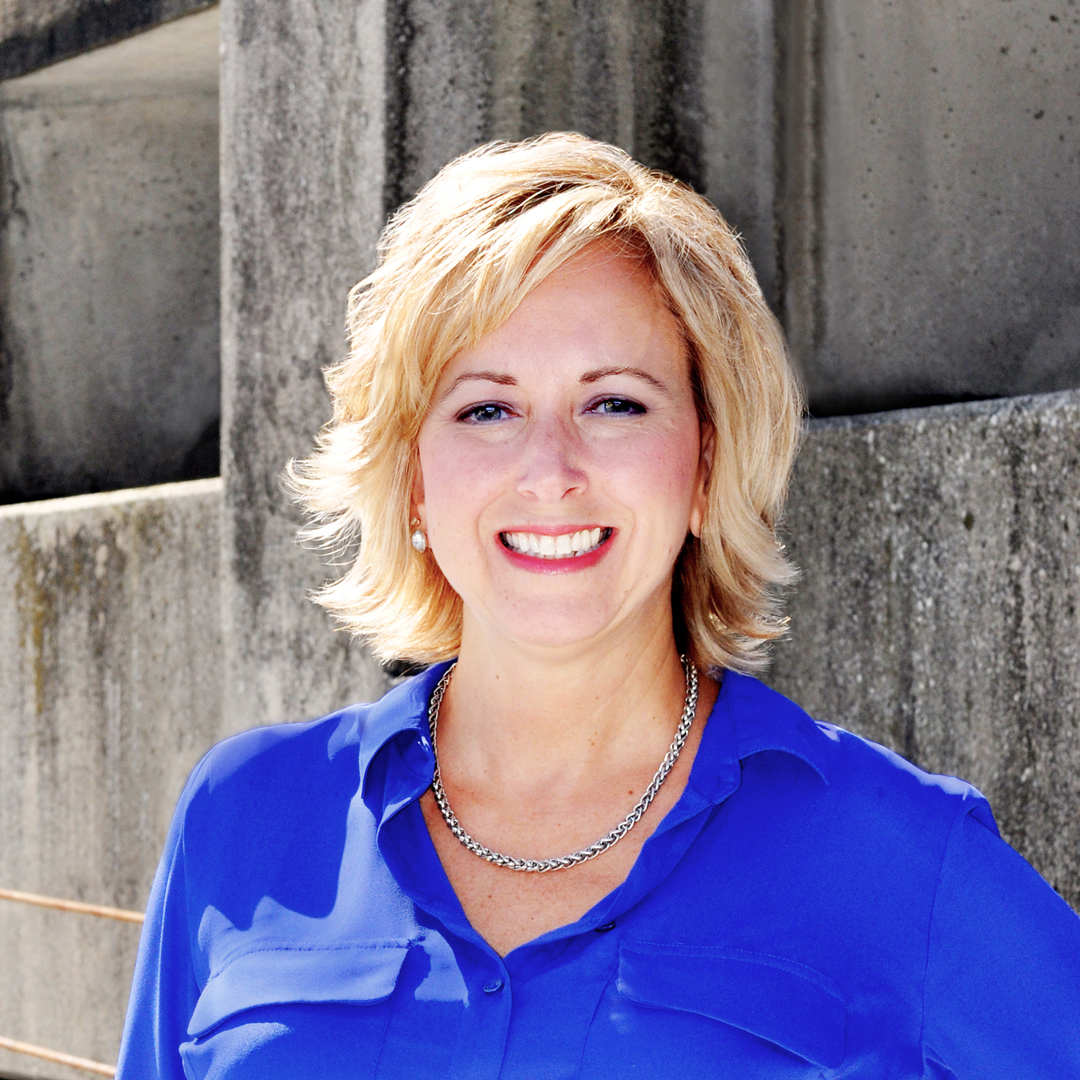Michelle Fang has plenty of accolades to her name: Corporate Counsel’s 2019 General Counsel of the Year, the 2019 Chambers Gender Diversity Lawyer of the Year, one of the National Diversity Council’s 50 Most Powerful Women in Technology in 2019, and many more. Much of the recognition Fang has received over the course of her career has related to her strategic-minded legal work at prominent companies such as eBay and Turo, a peer-to-peer car-sharing marketplace. But ever since Fang penned an open letter outlining the legal industry’s shortcomings regarding diversity and inclusion, she has also become a go-to expert on the advancement of women and other underrepresented groups in the legal industry.
In recognition of her outstanding contributions to the legal community, Fang has been chosen as the guest editor for Modern Counsel’s Empowered issue. She offers an insider’s perspective on corporate D&I initiatives as well as the individual efforts of successful women around the country who are lifting each other up.

You have made your career while working at the intersection of two very male-dominated industries: technology and law. How have you worked to break past the barriers facing women in those industries?
If there have been professional obstacles in my way based on my gender, they generally haven’t been apparent to me. I have always tried to do my best work, to make myself valuable to my managers, and to support my colleagues and my teams. I have also made my professional aspirations known to people around me who possessed the agency to help me achieve them. I am grateful that, as a result, opportunities have presented themselves to me time and again. I’m not so naive as to think the barriers haven’t been there, but by choice or happenstance, I have not seen them.
In January 2019, you wrote an open letter, eventually signed by more than 240 general counsel and corporate legal officers, urging law firms around the nation to take action on diversity in the workplace. What were some of your primary aims in publishing that letter? What meaningful changes have occurred since then?
The letter was born out of the frustration a number of lawyers in the Women’s General Counsel Network were feeling in response to the lack of diversity in some of the partnership announcements made at the end of 2018. Our goal in drafting the letter was to express to law firm partners that we collectively have legal budgets in the range of hundreds of millions of dollars and that we are demanding accountability and change.
The letter has certainly jump-started a lot of conversations about the topic. It is still too soon to say whether or not the letter will have a lasting or material impact on partnership numbers specifically or diversity in the legal profession as a whole. In the short term, many attorneys and diversity and inclusion professionals have used the letter as ammunition in their efforts to drive change and obtain resources for the important work they are doing within their firms. I have heard from a number of professionals that the letter is having an impact on how their firms are approaching diversity and inclusion. Personally, I certainly have been more intentional in hiring diverse attorneys as lead partners, and attorneys from minority- and women-owned firms, since diving into this issue.
As exemplified by that open letter, discussions on what we can do to improve diversity in the legal industry typically center on the leaders (e.g., partners) within that industry. This makes sense, since those individuals are usually the ones making decisions about hiring and promoting. But is there something that lawyers at more junior levels can be doing to help create more diverse and inclusive workplaces?
Absolutely. A great place to start for lawyers of any level, practicing in-house or at firms, is the document that I created in partnership with Diversity Lab. There are many tactics lawyers can use to help create more diverse and inclusive workplaces. A few of my favorites are:
- Attend minority ABA-affiliated, MCCA, NAWL, and other diversity-focused events to network with diverse outside counsel. You will have a broader roster for future engagements and in-house hiring.
- Offer to mentor diverse in-house colleagues, outside counsel, or law students.
- Help your organization create a paid internship program for diverse law students.
Finally, regardless of your level, anyone can be an ally, whether that’s pointing out when a female colleague is interrupted and asking to have her repeat her interesting point or attending/starting a resource or affinity group for diverse colleagues and their allies.
What are some of the next steps for you in terms of addressing the legal industry’s “largely male, largely white” problem?
I plan to survey the signatories of the letter and see which of the strategies and tactics they are using from the document referenced above. I hope to gauge what, if any, impact those strategies have over time. I will continue to hire diverse outside counsel and measure how law firms are performing in terms of their own diversity efforts. My team is quite diverse, and that is something I have been very intentional about. Beyond that, I will try to deploy as many of those tactics as I can while speaking out on the importance of this issue.
What does being an “empowered” woman mean to you? Who or what empowers you?
That is an excellent question. I think for me, being empowered means having the freedom to make my professional opinions be taken seriously and my personal and professional needs known. That doesn’t mean I’ll always get my way, but I’ll be heard and given a fair shake. I believe we are the only ones who can empower ourselves. If I am not feeling empowered, I need to either make a change in myself or change my environment. The few times in my career when I’ve contemplated making a professional change, outside of a great opportunity falling in my lap, occurred precisely because I did not feel I was in an environment where my needs were being met.
What advice would you give to women looking to advance their careers, both in the legal space specifically and in general?
When I mentor people, whether they are men or women, legal professionals or not, I usually offer this advice:
- Crush your deliverables. You can’t ask for new opportunities if you aren’t doing a great job in your current role.
- Be really clear about what you want to do next. It is unfair to ask a manager or sponsor to help you achieve your goals if you don’t know what your goals are.
- Focus on your strengths—but be honest with yourself about your development opportunities. You can ask a peer you trust to give you candid feedback about how you are doing in your development areas. For example, if you want to improve your brevity in group meetings, tell a trusted colleague before a meeting that you are working on brevity and request that she give you feedback at the end of the meeting. That said, you will always get more leverage by focusing on your strengths than by trying to change who you are in order to satisfy the expectations of your manager du jour.
- Climbing the corporate ladder can look like traversing a lattice. Sometimes, lateral moves can help you ultimately ascend higher. Don’t be too stubborn about “promotion or nothing,” but don’t be a fool, either. There is a difference between being taken advantage of and consciously making a lateral move that will give you an opportunity to expand upon your skill set.
- Believe in yourself and take sensible risks.
Michelle Fang and the Law in Technology Diversity Collaborative
Michelle Fang is one of the founding members of the 2019 Law in Technology Diversity Collaborative, a first-of-its-kind cross-company summer associate program. Recognizing the importance of diversifying both the technology field as well as the legal profession, seven tech companies (eBay, Facebook, LendingClub, Turo, Symantec, Uber, and Hewlett Packard Enterprise) came together to create a summer associate class where law students spend five weeks at a technology company and five weeks with a participating law firm. One of the pillars of the program was interviewing exceptional students at schools with high diversity indexes in addition to the top-ranked law schools. This helps push law firms to recruit from law schools where they might not have otherwise hired. In addition to being a part of the law firms’ summer associate class, the students participate in training and mentoring with the Collaborative, fostering a cohort of peers that helps provide a broader support network for these lawyers as they enter their careers.
Britteny Leyva
To me, the Law in Technology Diversity Collaborative means opening doors, traditionally designed to remain closed, for law students from different backgrounds. It means exposing students like me, who grew up in poverty, to some of the best legal training one could have at the outset of my career. Most importantly, the Collaborative means pushing students to let go of the never-ending imposter syndrome—empowering them to provide employers with new perspectives in the law.
Britteny Leyva, Editor in Chief, Journal of Gender, Social Policy and the Law, Vol. 28
American University Washington College of Law ’20
Gia Jung
To me, the Law in Technology Diversity Collaborative is first and foremost about access. Without the skeleton key of privilege, diverse students are often not privy to the unspoken rules of the field, to the most desirable education opportunities, or to spaces of power and professional growth. LiTDC addresses all these issues in one fell swoop by forcing firms and companies to be explicit about their needs and practices, provide diverse candidates with additional training and a wider view of the industry, and create a lasting pipeline and dialogue.
Gia Jung
UC Berkeley School of Law ’21
Khala James
The Law in Technology Diversity Collaborative showed me the ways that technology companies utilize the skills and resources of law firms and allowed me to apply that knowledge as a summer associate at a firm all in one summer. One of my projects at my company sparked my interest in patent work, prompting me to take a course this semester that explores the role of intellectual property in social justice. The fact that the Collaborative recruited from schools that are underrepresented in big law demonstrated a meaningful commitment on the part of the firms and companies involved to broadening the pipeline of law students who can access tech and big law. Through my participation in the program, I hope to widen the door so that more HBCU law students and black woman law students can establish lasting careers in law and tech.
Khala James
Howard University School of Law ’21
Emma Bradley
As an African American woman and first-generation college student, it is necessary for me to plant seeds of opportunity for those who follow. The LiTD provided me with the seeds of opportunity.
A wise attorney informed me that I should understand where I want to be in the long term so that I can work backward. I realized that this is impossible when you are uncertain of where you’d like to end up because you are not informed. Coming from my background did not provide me with the access of knowing; I have had to dig and search.
The LiTD offered me the access I needed and answered questions I didn’t know I had.
Emma Bradley
UC Davis School of Law ’21


